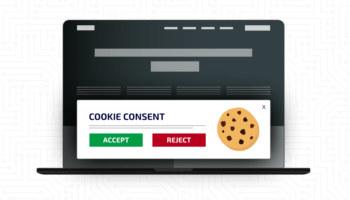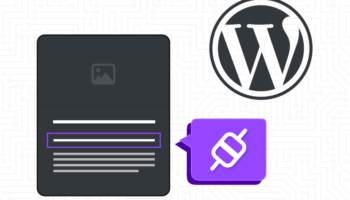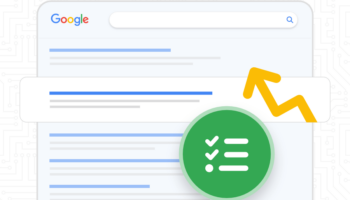In the world of PHP programming, the functions serialize() and unserialize() have long been relied upon for converting complex data structures into strings. They are great at performing the function they were designed to do: convert PHP objects into a string that can be stored in a database or file. These strings can then be converted back to the original object using the unserialize() function at a later time. WordPress uses these functions to store data in the database, and it takes special caution to only store serialized data that is first sanitized and validated.
The Vulnerability:
Although serialize() and unserialize() serve their purpose in many scenarios, they pose a significant risk to the security of user data. These functions have the ability to transform any data into a string and subsequently convert it back into any value, including classes and objects. This poses a threat when handling user data, as users can manipulate the payload through the browser. Such manipulation opens the door to potential exploits, including Remote Code Execution (RCE), enabling an attacker to take full control of the application.
The Perils of Deserialization:
When the unserialize() function decodes a value, it not only reconstructs the original data but also triggers any associated __unserialize() or __wakeup() methods. In certain circumstances, these methods can be maliciously exploited to execute arbitrary code. This means that an attacker manipulating the serialized data can potentially execute unauthorized actions within the application, exposing critical information like API keys, encryption keys, database connections, passwords, and other sensitive data.
Ensuring Data Security:
To protect against the risk of attackers, adopting alternative approaches that prioritize data integrity is crucial. One recommended solution is to minimize the use of serialize() and unserialize() functions in scenarios where users can modify the serialized value. Instead, consider utilizing more secure alternatives such as the widely supported json_encode() and json_decode() functions. These functions offer a safer way to serialize and deserialize data, particularly when transmitting information through the browser.
Encryption and Data Integrity:
In scenarios where it is necessary to pass complex data structures between instances of an application, it is important to ensure data integrity and prevent tampering. One effective method is to encrypt or sign the serialized data before transmission. By employing encryption algorithms and digital signatures, developers can protect the data from unauthorized modifications, providing an additional layer of security.
Best Practices:
When handling user data, it is imperative to adhere to best practices for secure coding. Here are some key recommendations to follow:
- Minimize the usage of
serialize()andunserialize()functions, particularly when user input is involved. - Make sure that anything serialized is sanitized and validated before being passed to the
serialize()function. - Prioritize the use of
json_encode()andjson_decode()for serializing and deserializing data transmitted through the browser. - Implement encryption or digital signatures to ensure data integrity when passing complex data structures between application instances.
- Regularly update your PHP version and associated libraries to benefit from the latest security patches and improvements.
- Conduct regular security audits and code reviews to identify and address potential vulnerabilities related to data serialization and deserialization.
Conclusion:
The serialize() and unserialize() functions are great functions, and you should continue to use them when you can control the data coming in and out. It is crucial to exercise caution when using them, especially with user data. By understanding the risks and adopting alternative approaches that prioritize data integrity and protection, developers can safeguard their applications against potential exploits and maintain the confidentiality of sensitive information. For more assistance securing your site’s data, contact the experts at Hall.





